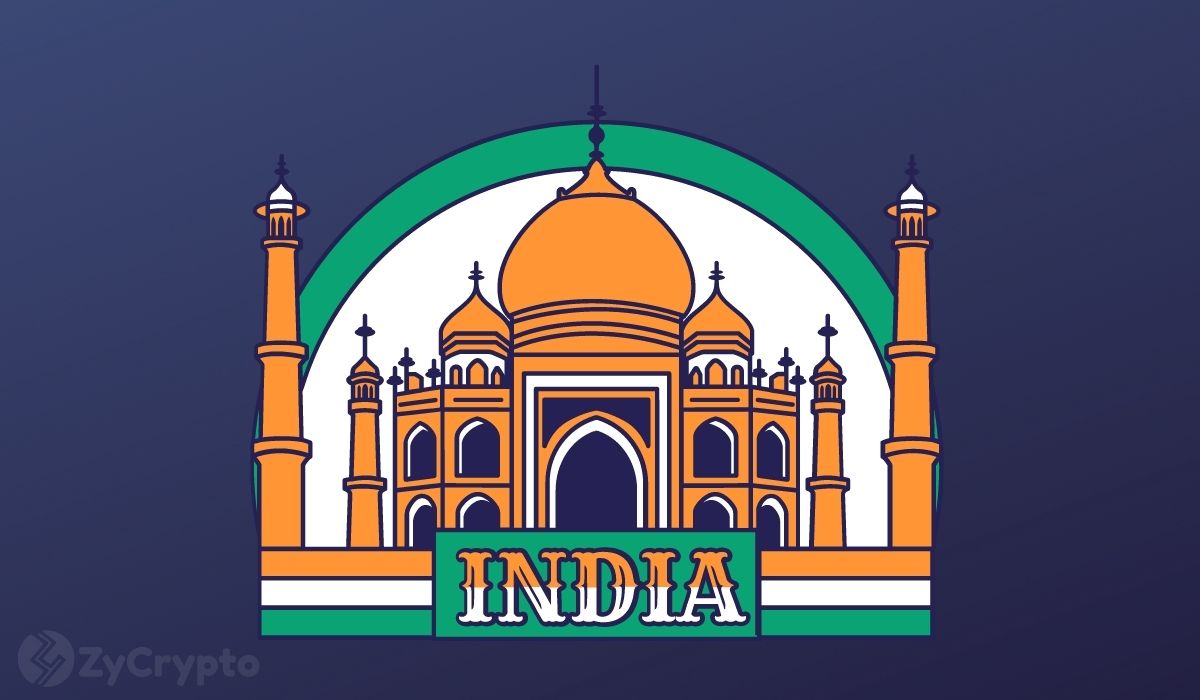The Indian government is working towards bringing more clarity on digital assets for the administration of goods and services (GST) tax. As per a news report, crypto exchanges are currently considered as financial services and levied 18% GST.
However, GST officials think that digital assets should be put in the same category as horse racing, casino, gambling, and lottery and subjected to 28% GST as applicable to this category of businesses. Compared to this, GST on gold is at 3 percent, levied on the entire transaction value.
In the ongoing round of deliberations, GST examiners want to conclude whether or not GST should be levied on the entire value of the cryptocurrency transaction. And, should cryptocurrencies be considered goods, or should they be regarded as services? Last, does it qualify for an actionable claim?
If GST is to be levied on the total transaction of cryptocurrencies, then the rate of tax should be in the 0.1-1 percent bracket. That said, discussions have only just begun on cryptocurrency and GST. Before fixing the GST rate, whether 0.1 percent or 1 percent, the classification question has to be settled.
In the absence of a law to regulate digital currencies, the decision on whether it’s an actionable claim, i.e., a claim or a debt for which one can take action, has to be concluded.
The government is, meanwhile, working on a law to regulate and control cryptocurrencies. As for the classification of cryptocurrencies, one view is that private cryptocurrency cannot be termed ‘money’ nor can it be called ‘securities.’
As per the Union Budget for 2022-23, all crypto profits will be taxed at 30% and a TDS of 1% will be levied on all crypto transactions – both for the first time. The new tax regime for crypto assets will be applicable with effect from April 1.
The crypto taxation provisions have been introduced at a time when the debate on crypto regulations has been at its peak. The regulators of the banking and financial sectors on the one hand and crypto exchanges and entrepreneurs, on the other hand, have taken pole positions, making it difficult for the government to take a decision on the matter.
Right now, the government wants to tax crypto trade and transactions but doesn’t want to say whether crypto assets are legal or not. The government says it will make a decision after the process of consultations is over. However, the RBI’s CBDC plans are on track and it’s likely to be introduced in the 2022-23 fiscal policy.






